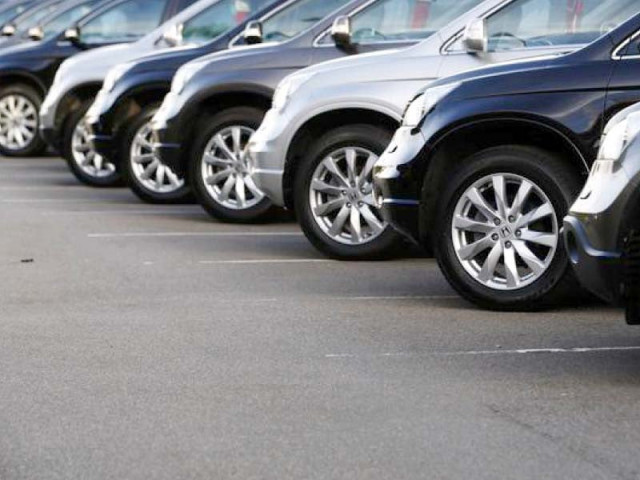Budget 2024-25 withdraws hybrid vehicle tax concessions to boost local auto industry
Govt also proposes a shift from engine capacity-based advanced tax on vehicles up to 2,000 CC to a cost ratio basis

Presenting the budget for fiscal year 2024-2025, Finance Minister Muhammad Aurangzeb announced several reforms, including the withdrawal of concessions on custom duties for importing hybrid vehicles to promote the local auto industry.
Aurangzeb noted that there was previously a significant price difference between hybrid and regular vehicles due to new technology. However, since hybrid vehicles are now being produced locally, the concessions are no longer necessary. The withdrawal aims to support the domestic auto industry. Additionally, concessions on importing luxury electric vehicles (EVs) will be removed, as buyers who can afford to pay $50,000 or more for EVs should also be able to pay the due taxes and duties.
The minister also proposed a shift from engine capacity-based advanced tax on vehicles up to 2,000 CC to a cost ratio basis, reflecting significant increases in vehicle prices.
He emphasised the government's commitment to climate mitigation, announcing an allocation of Rs4 billion for electric bikes.
Auto sector analyst Mashood Khan commented, "The government's decision to discourage the import of luxury vehicles is a positive step. However, there should have been measures to boost the production of trucks and buses, as this sector has sufficient capacity. The continued import of buses wastes foreign exchange. Additionally, there are no incentives for small cars to relieve the middle class."
Also read: Budget 2024-25: Government targets Rs1,281 billion from petroleum levy
Khan also highlighted the budget's shortcomings in addressing the needs of SMEs, noting the lack of significant incentives or supportive policies, except for export credit.
He stressed that supporting both the automotive industry and SMEs is crucial for economic growth and stability.
Reacting to the budget, auto sector experts and analysts urged the government to provide more incentives for the struggling auto industry and reduce heavy taxes on passenger cars to make them affordable for the middle class.
Finance Minister Aurangzeb said, "We are working on a home-grown reform agenda. The country will return to sustainable growth through necessary reforms. The private sector must play a central role in the national economy, prioritising the broader population over a few individuals. Decades of structural factors have constrained investment, growth, and exports.
"We must implement structural reforms to break the low growth cycle, shift to a market-driven economy, and promote savings and investment-based growth. Like other modern economies, we will limit the state's role to essential public services while pursuing regulatory reforms and large-scale privatisation. Establishing a broad-based fair taxation regime is mandatory to provide equal opportunities and eliminate anti-export distortions. We have introduced the 'Tajir Dost Scheme' to register retailers, wholesalers, and dealers."



















COMMENTS
Comments are moderated and generally will be posted if they are on-topic and not abusive.
For more information, please see our Comments FAQ